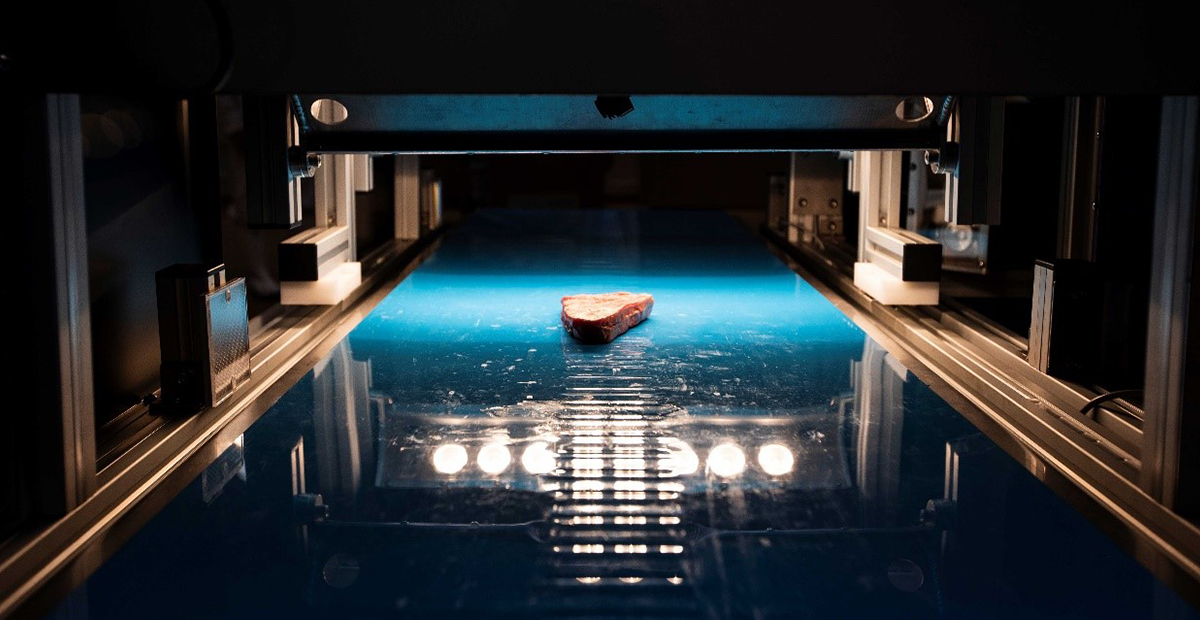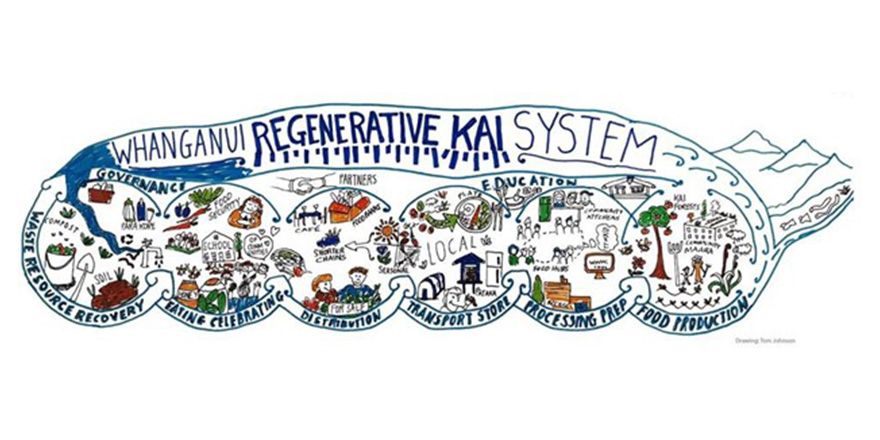
Executive summary
The pathway to impact for research outputs is often ambiguous. Commercialisation of research outputs is the exception to the norm in a system incentivising public research institutes to produce academic outputs primarily.
Despite this, there is a thriving commercialisation community in New Zealand, who are passionate about seeing research through to impacts. Members of this community include entrepreneurial researchers, aspiring founders, technology transfer offices in public institutions, KiwiNet, investors and those that have been there and done that and are keen to give something back.
The aim of this report is to create a resource to inform and inspire entrepreneurial researchers interested in commercialisation and aspiring founders of investigator–led research to give it a go. This report addresses two research questions:
- How does an aspiring founder navigate their way to becoming a founder?
- How can the chances of successful commercialisation be increased?
The methodology comprises a literature review to provide some theoretical basis for thematic analysis and interpretation of fourteen anonymous semi structured interviews of four founders, three aspiring founders, (entrepreneurial scientists actively seeking commercialisation of their research in 2022), three technology
transfer managers representing organisational perspectives and four investor perspectives. Responses were categorised into the following high–level themes:
- Why: Motivation with dimensions of Culture and Engagement.
- How: Execution with dimensions of Focus, Confidence and Success.
- What: Problem definition/Relevance and Key messages.
Critical analysis of these themes considering the literature yielded two high–level discussion areas: the importance of contextual awareness and relationships. As well as focusing on the technology development, aspiring founders, entrepreneurial researchers, and research organisations must prioritise understanding the context and developing relationships.
Recommendations for entrepreneurial researchers and aspiring founders:
- Engage early with Technology Transfer office and undertake due diligence before designing the research to ensure more targeted use of resources.
- Be relevant. Strive to be more aware of the operating context and drivers for the research organisation and the potential end users of your research outputs.
- Work on your ability to communicate and work with a multi or trans-disciplinary team.
- Get a business mentor to help you focus on what is most important and why
from both the demand and supply perspectives.




